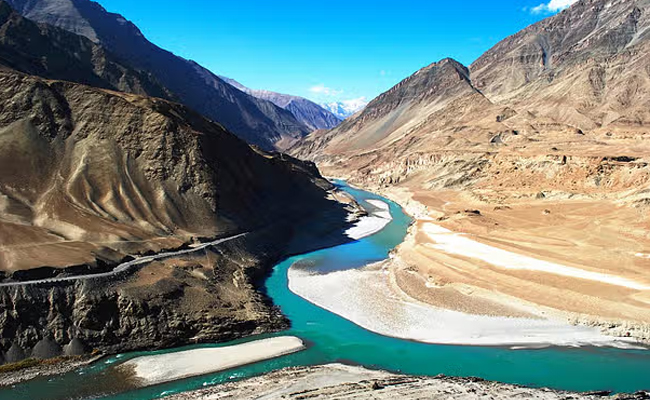
India News

For nearly 65 years, a crucial agreement has existed between India and Pakistan — the Indus Waters Treaty. This treaty governs the sharing of water from the Indus River and its five tributaries. Mediated by the World Bank, it has been implemented smoothly over the decades, even during times of war and heightened tensions between the two nations. India never violated the treaty, maintaining it as a humanitarian gesture.
However, this agreement is vital to Pakistan’s survival. The rivers in question flow from India into Pakistan and are essential for the country's drinking water and agriculture. As per the treaty, India cannot stop or divert the water. That's why, until now, India hasn’t built any major dams or taken actions to block the river flow.
If India were to withdraw from the treaty, analysts say large parts of Pakistan — especially the agriculturally rich Punjab province — could become arid within 15 years. Underground water levels in Pakistan are already critically low, and the country is facing a serious water crisis.
Now, in the wake of the recent Pahalgam terror attack, India has announced its intention to withdraw from the Indus Waters Treaty. This move opens the door for India to fully utilize the water — including building dams, storing water, or releasing it at will.
Either option — releasing water at the wrong time or halting it — would hurt Pakistan. If water is released during harvest time, crops could be destroyed. If stopped during irrigation needs, it could severely dry up fields and devastate agriculture.
While the withdrawal itself doesn’t cause immediate damage, Pakistan’s future now heavily depends on how India chooses to develop river projects going forward. Many Indians support this move and are calling for even stronger retaliatory measures, including surgical strikes.
In summary, India’s exit from the Indus Waters Treaty has put Pakistan in a vulnerable position, and the consequences could reshape the region’s ecological and political landscape.
Advertisment